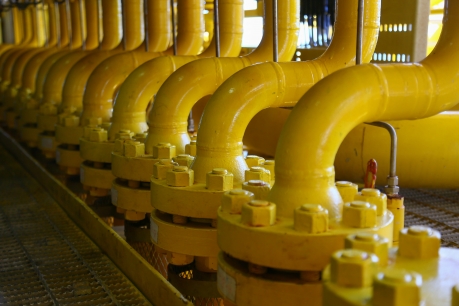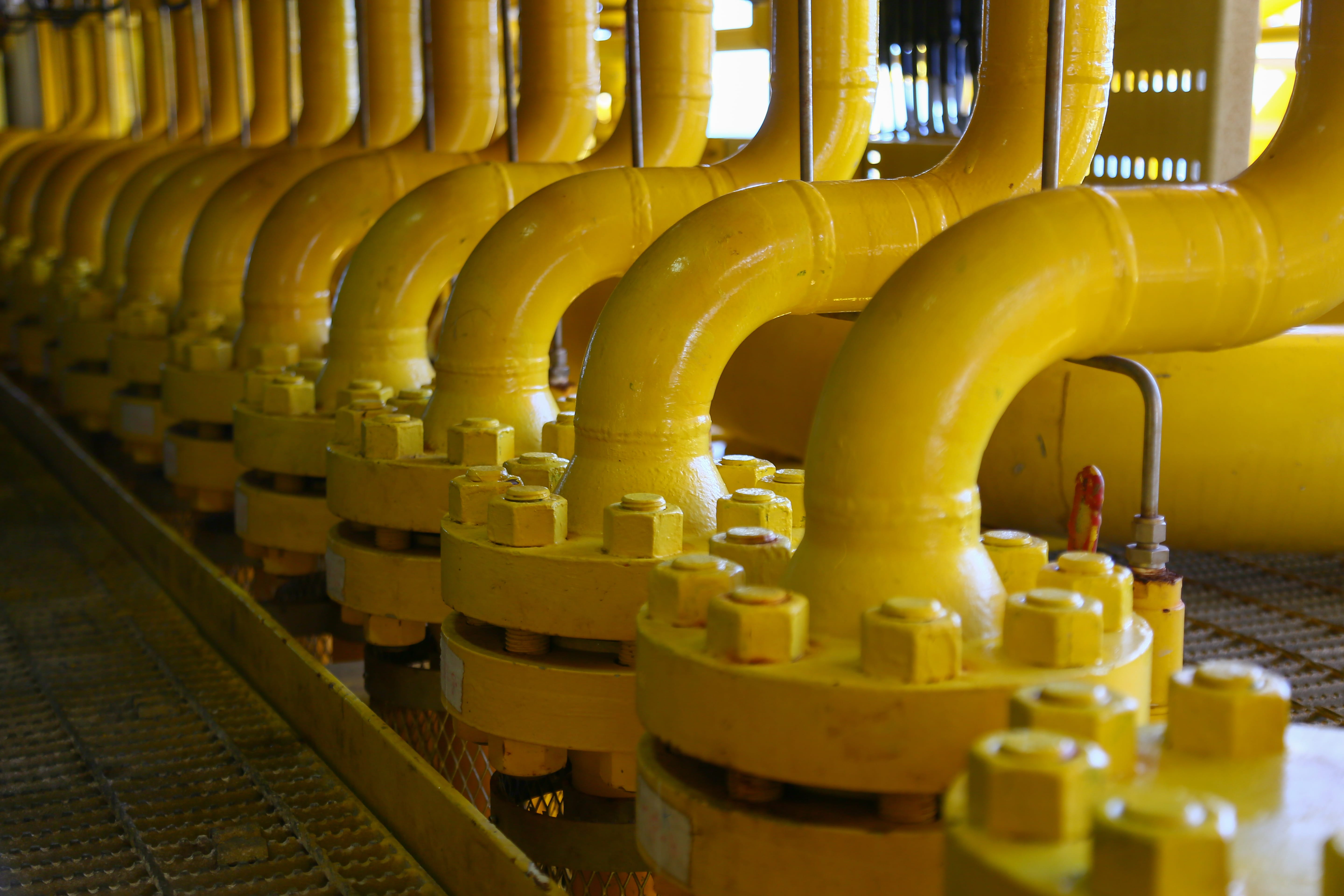DATE
2 min read
Arthur D. Little analysis finds further problems with the proposed Gas Directive Amendment

- It could create problems for existing and future import pipelines to the EU
- The settlement between Gazprom and European Commission will foster greater market liberalization and EU gas market functioning, without requiring further legislation
London, 18 September, 2018 – Arthur D. Little (ADL) today published two reports analyzing the EU Commission’s proposals to extend the regulations of the Third Gas Directive to pipelines from third countries supplying gas to the EU. They find that the recent European Commission-Gazprom settlement makes the amendment unnecessary, and that the proposed legislation will fail in its objective of enhancing market competition, potentially even decreasing supply.
The proposed directive suggests expanding EU regulation to import pipelines from non-EU countries, risking potential legal challenges and future international investment in gas-export infrastructure. Existing agreements between Spain and Italy and third countries, such as Algeria, Libya, Tunisia and Morocco, would need to be renegotiated, creating scope for counter demands. The economic conditions for future pipeline projects such as East Med would become less predictable, creating the risk that gas would go to non-EU markets. Proposed derogations or exemptions cannot be guaranteed, and their outcome is uncertain. This could have a detrimental impact on supply, and therefore prices – the exact opposite of its stated aims.
The Spring 2018 settlement between the European Commission and Gazprom set out binding legal obligations, with mandatory actions agreed to prevent alleged anti-competitive behavior by Gazprom. This significantly changes the EU gas supply landscape, rendering the amendment unnecessary, according to ADL’s analysis. Additionally, greater liberalization means the market is now beginning to function very well, without requiring further legislation.
Michael Kruse, Partner and Head of Energy & Utilities in Central Europe, explains: “The Gazprom settlement has significantly shifted the market context compared to when the Gas Directive amendment was first proposed. It creates a relevant, important change which needs to be recognized in the ongoing discussions around the amendment, and our analysis recommends carrying out a detailed impact assessment to check it is still necessary. At the very least, the European Commission should wait for the impact of the settlement to bed in, before introducing further changes.”
The two ADL Viewpoint reports are available here:
The proposed Gas Directive and the EC-Gazprom settlement www.adl.com/EC_GazpromSettlement
The Gas Directive amendment and relations with third countries www.adl.com/ThirdCountryRelations

2 min read
Arthur D. Little analysis finds further problems with the proposed Gas Directive Amendment

DATE

- It could create problems for existing and future import pipelines to the EU
- The settlement between Gazprom and European Commission will foster greater market liberalization and EU gas market functioning, without requiring further legislation
London, 18 September, 2018 – Arthur D. Little (ADL) today published two reports analyzing the EU Commission’s proposals to extend the regulations of the Third Gas Directive to pipelines from third countries supplying gas to the EU. They find that the recent European Commission-Gazprom settlement makes the amendment unnecessary, and that the proposed legislation will fail in its objective of enhancing market competition, potentially even decreasing supply.
The proposed directive suggests expanding EU regulation to import pipelines from non-EU countries, risking potential legal challenges and future international investment in gas-export infrastructure. Existing agreements between Spain and Italy and third countries, such as Algeria, Libya, Tunisia and Morocco, would need to be renegotiated, creating scope for counter demands. The economic conditions for future pipeline projects such as East Med would become less predictable, creating the risk that gas would go to non-EU markets. Proposed derogations or exemptions cannot be guaranteed, and their outcome is uncertain. This could have a detrimental impact on supply, and therefore prices – the exact opposite of its stated aims.
The Spring 2018 settlement between the European Commission and Gazprom set out binding legal obligations, with mandatory actions agreed to prevent alleged anti-competitive behavior by Gazprom. This significantly changes the EU gas supply landscape, rendering the amendment unnecessary, according to ADL’s analysis. Additionally, greater liberalization means the market is now beginning to function very well, without requiring further legislation.
Michael Kruse, Partner and Head of Energy & Utilities in Central Europe, explains: “The Gazprom settlement has significantly shifted the market context compared to when the Gas Directive amendment was first proposed. It creates a relevant, important change which needs to be recognized in the ongoing discussions around the amendment, and our analysis recommends carrying out a detailed impact assessment to check it is still necessary. At the very least, the European Commission should wait for the impact of the settlement to bed in, before introducing further changes.”
The two ADL Viewpoint reports are available here:
The proposed Gas Directive and the EC-Gazprom settlement www.adl.com/EC_GazpromSettlement
The Gas Directive amendment and relations with third countries www.adl.com/ThirdCountryRelations
